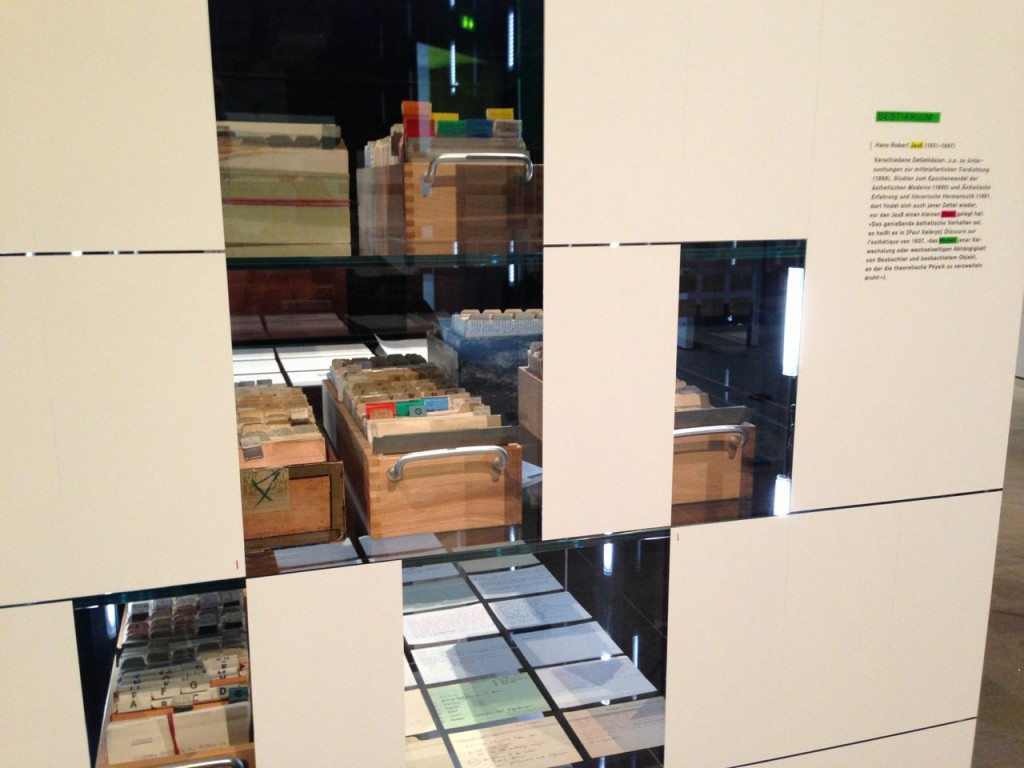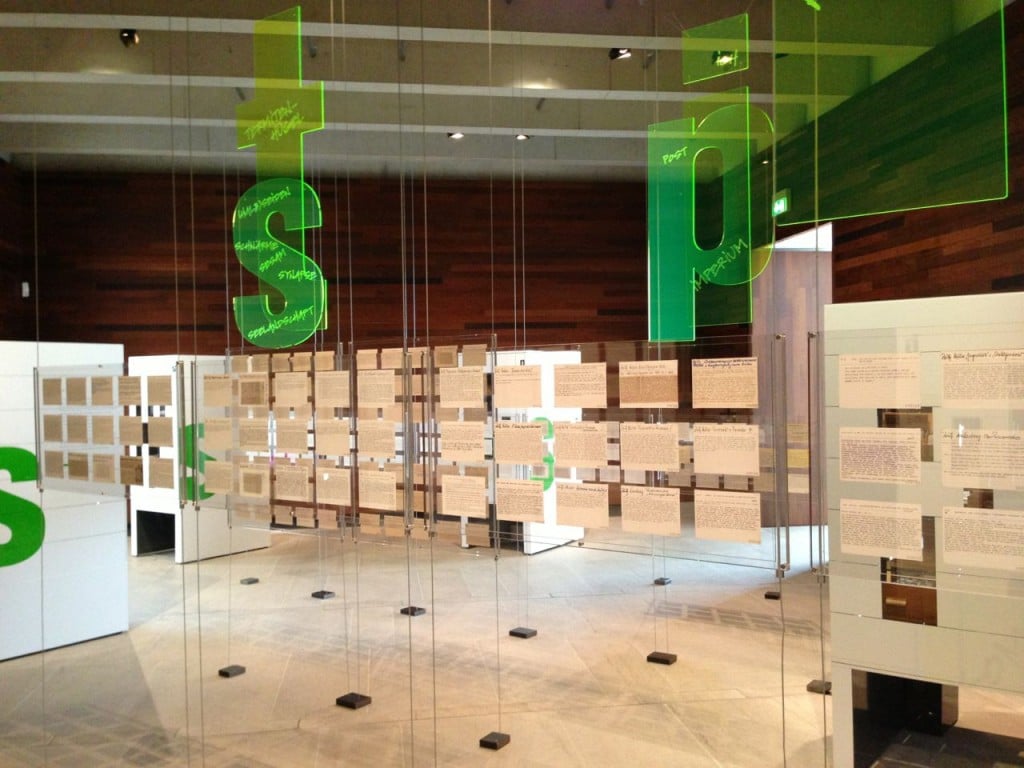reply to https://www.reddit.com/user/thomasteepe/
Luhmann's method is certainly an evolution on prior methods, but only has a few differences. Sadly there aren't a broader array of other options that are open in the solution space to create an actual Cambrian explosion here. At the end of the day, one still has to do actual reading, note taking, thinking, and work to make the system go. It this hurdle of work that most often dampens people's spirits and despite it's ability to be more easily sustainable, it's really not very sexy, so people move on to the next shiny, new thing.
I'm aware of that series of videos and a few others, though my German is almost non-existent which makes them a slow slog. I suppose I should use Google's auto-transcription/translation, but that often muddies things further. I've had a few people translate pieces of things like that for me, but it becomes cost prohibitive after a while.
I wish Manfred Kuehn had left his site up, but I understand why he did it. I still delve back into Archive.org every now and then to find new things. If I had some extra time, I'd contact him to see if he'd be willing to publish archived versions of his blog as a book and do the collation/editing to get it out, but it's a lot of work, even with large portions automated.
One of these days I'll find a copy of the Marbach catalog to read...

